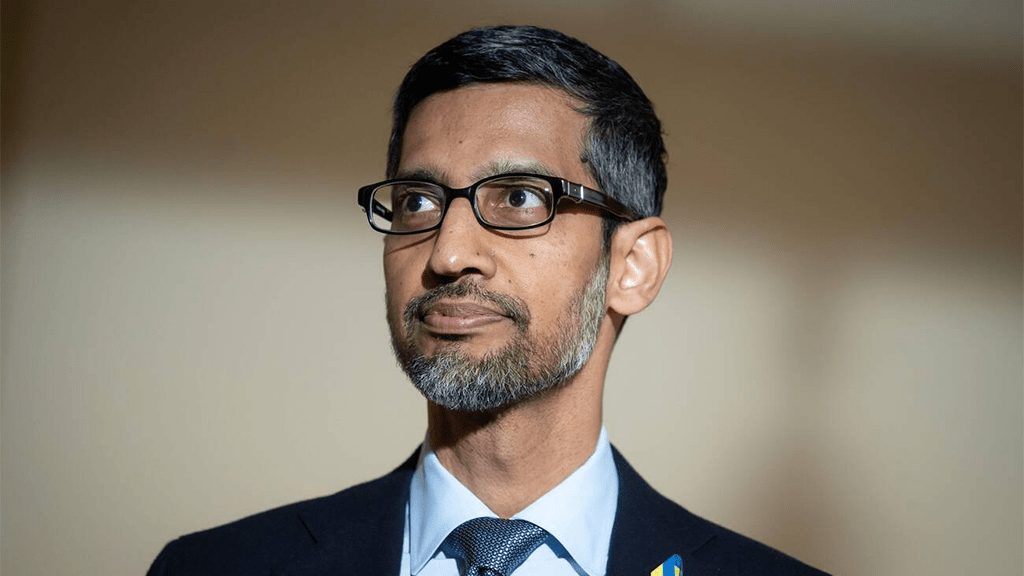





Google CEO Warns Society to Prepare for AI Acceleration or Face Being Overrun

Google CEO Sundar Pichai has warned that artificial intelligence (AI) could have a far-reaching impact on society and that its acceleration might distort everyday life without proper guiding measures. In an interview, Pichai suggested that AI will impact “every product of every company” and that laws governing AI advancement are “not for a company to decide” alone. He also explained that it would be imprudent to try and play catch-up with AI technologies already launched. Pichai warned that jobs likely to be disrupted by AI would comprise “knowledge workers,” including writers, architects, accountants, and software engineers who create these sentient technologies.
Pichai also highlighted the potential for disinformation, fake news, and fake images to compound the problems associated with AI adaptation. Although Google is planning public testing of some of its newly-launched AI products, Pichai believes “things will go wrong”. He stated that “user feedback is critical to improving the product and the underlying technology” and that Google’s ultimate goal is to “keep iterating and improving” its AI products and offerings.
Last month, Google launched its Bard AI chatbot as an experimental product to the public, with early access offered to select customers in the US and UK. The tech giant hopes to rival Microsoft-associated ChatGPT, which incorporates OpenAI’s GPT technology. Pichai is enthused about Google’s milestones in the AI space, including 2017 Transformer research and foundational models such as PalM and BERT.
Pichai’s comments come amid growing concern about the potential impact of AI on society, particularly with regard to jobs. Pichai’s comments highlight the need for society to adapt to the technology fast enough and to implement measures to mitigate its impact. In a recent report, the World Economic Forum estimated that AI will create 97 million new jobs by 2025 but will also displace 85 million. The report also noted that reskilling and upskilling would be crucial to address the skills gap resulting from automation.

































